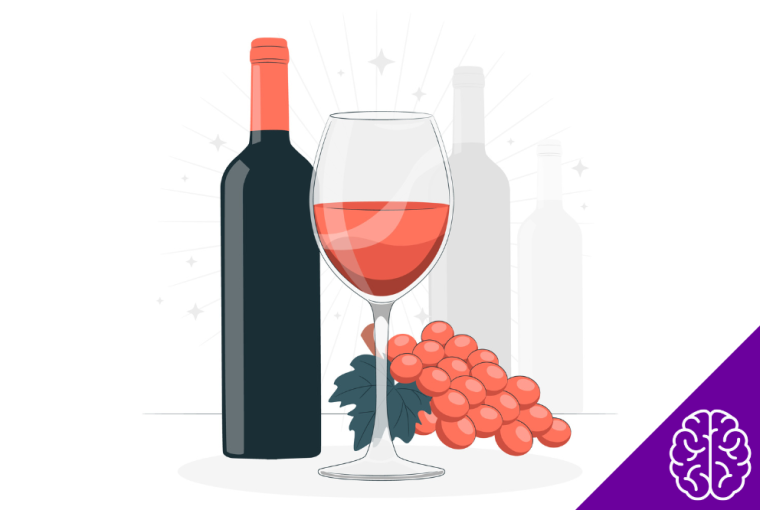that wine is a drink enjoyed all over the world, no one disagrees. But does it really bring any benefit to the body or does it just make you happier?
What is Wine
Wine is a complex drink, made up of several factors and has been produced and perfected for centuries. In essence, it is a fermented drink made from grapes. The magic happens when the fruit sugars interact with the yeast and the fermentation process takes place.
Key Components of Wine
- Grapes: Many fruits can be used to create fermented drinks. In the wine house, it’s the grapes. One of the elements of variation in wines are the grapes and their unique combination of flavors, sugar and others. The types of wine are named after the grapes, such as Cabernet Sauvignon, Merlot, and Pinot Noir, Chardonnay and Sauvignon Blanc.
- Fermentation: This is the transformative process that converts sugar into alcohol. The duration of this process determines the sweetness and final alcohol content of the wine.
- Varietals: Different types of grapes, known as varietals, result in distinct flavors, aromas, and colors. Common red grape varietals include Cabernet Sauvignon, Merlot, and Pinot Noir, while Chardonnay, Sauvignon Blanc, and Riesling are popular white varietals.
- Aging Process: The aging process adds complexity as the wine ages in barrels. Which adds new aromas, flavors and textures.
- Terroir: The very place where the grape grows directly influences its characteristics. Factors such as soil acidity, climate and elevation can directly affect the final flavor.
Health Benefits of Wine:
- Heart Health: The polyphenols and resveratrol in red wine may contribute to cardiovascular health by promoting healthy blood vessels and reducing the risk of heart disease.
- Antioxidant Properties: The antioxidants in wine, particularly in red varieties, can combat oxidative stress and inflammation, potentially protecting cells from damage.
- Longevity: Some studies suggest that moderate wine consumption may be linked to increased lifespan, though genetics and overall lifestyle also play crucial roles.
- Cognitive Function: Resveratrol, found in red wine, has been associated with improved cognitive function, potentially lowering the risk of neurodegenerative conditions.
- Digestive Benefits: The tannins in red wine may assist in digestion by promoting the growth of healthy gut bacteria.
Of course, the benefits exist but always in moderation. Excessive or abusive use of wine can cause adverse effects and damage to health.
Drinking wine responsibly and under control is part of a balanced lifestyle


